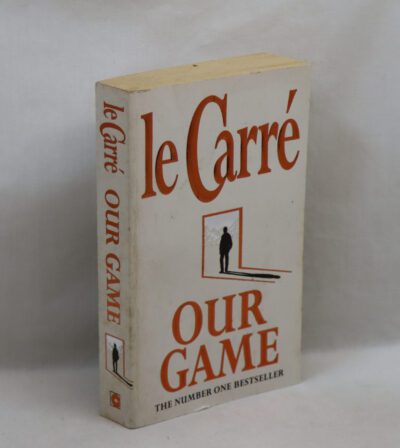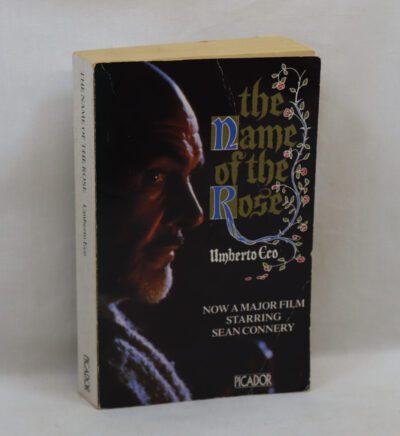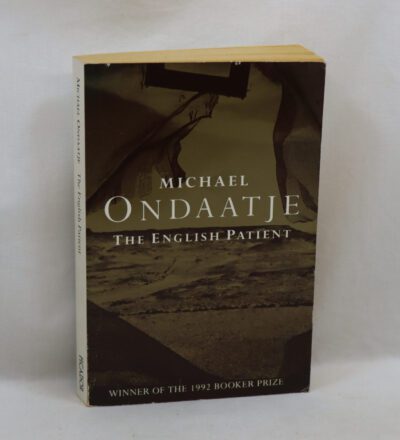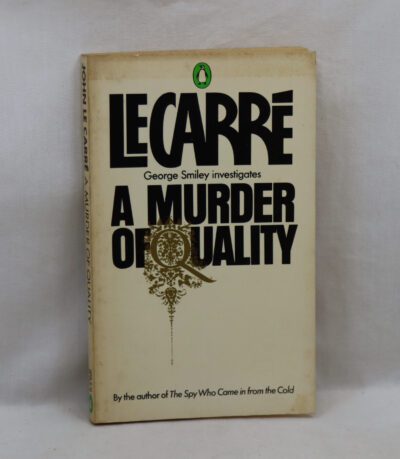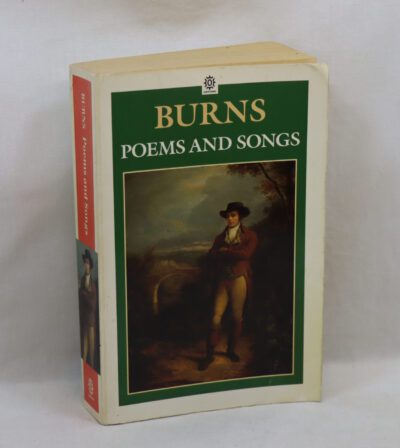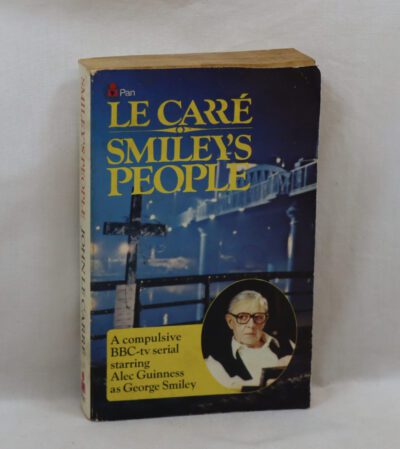Dracula.
By Bram Stoker
ISBN: 9781596792401
Printed: 1997
Publisher: Sterling. New York
| Dimensions | 19 × 24 × 4 cm |
|---|---|
| Language |
Language: English
Size (cminches): 19 x 24 x 4
Condition: As new (See explanation of ratings)
Your items
Item information
Description
Black and red board binding with silver title on the spine. Dracula and a figure on the front board.
-
F.B.A. provides an in-depth photographic presentation of this item to stimulate your feeling and touch. More traditional book descriptions are immediately available.
-
Note: This book carries the £5.00 discount to those that subscribe to the F.B.A. mailing list.
“There are darknesses in life and there are lights, and you are one of the lights, the light of all lights.” ― Bram Stoker, Dracula
Dracula is an 1897 Gothic horror novel by Irish author Bram Stoker.Famous for introducing the character of the vampire Count Dracula, the novel tells the story of Dracula’s attempt to move from Transylvania to England so he may find new blood and spread undead curse, and the battle between Dracula and a small group of men and women led by Professor Abraham Van Helsing.
Dracula has been assigned to many literary genres including vampire literature, horror fiction, the gothic novel and invasion literature. The novel touches on themes such as the role of women in Victorian culture, sexual conventions, immigration, colonialism, and post-colonialism. Although Stoker did not invent the vampire, he defined its modern form, and the novel has spawned numerous theatrical, film and television interpretations.
Abraham “Bram” Stoker (8 November 1847 – 20 April 1912) was an Irish author who is best known for writing the 1897 Gothic horror novel Dracula. During his lifetime, he was better known as the personal assistant of actor Sir Henry Irving and business manager of the West End’s Lyceum Theatre, which Irving owned.
In his early years, Stoker worked as a theatre critic for an Irish newspaper, and wrote stories as well as commentaries. He also enjoyed travelling, particularly to Cruden Bay in Scotland where he set two of his novels. During another visit to the English coastal town of Whitby, Stoker drew inspiration for writing Dracula. He died on 20 April 1912 due to locomotor ataxia and was cremated in north London. Since his death, his magnum opus Dracula has become one of the best-known works in English literature, and the novel has been adapted for numerous films, short stories, and plays.
Want to know more about this item?

Share this Page with a friend







